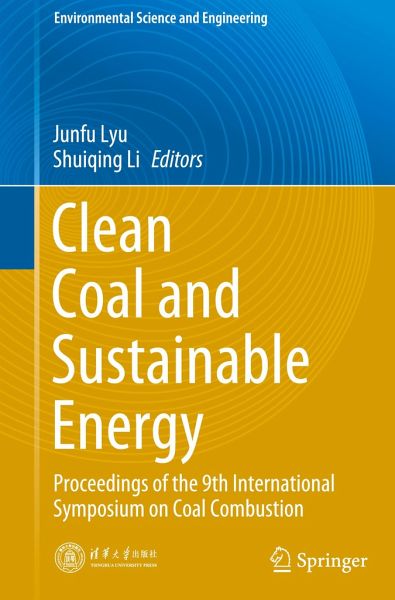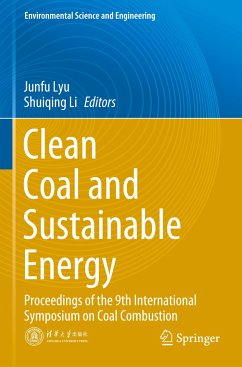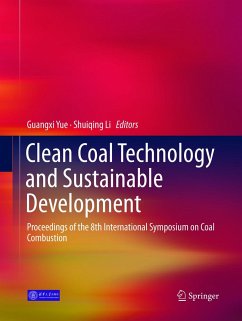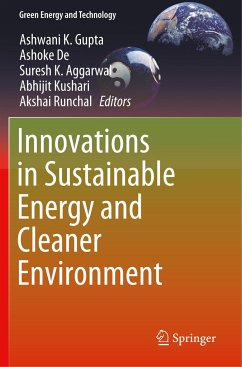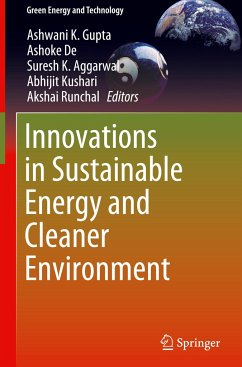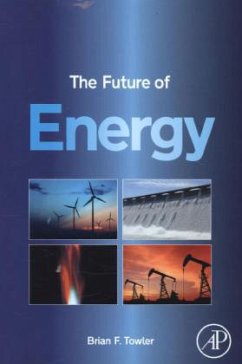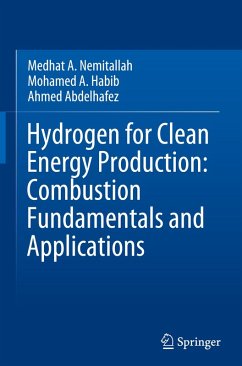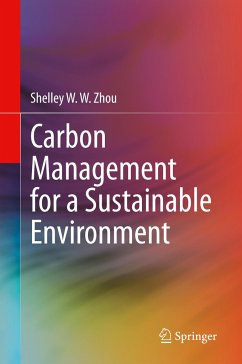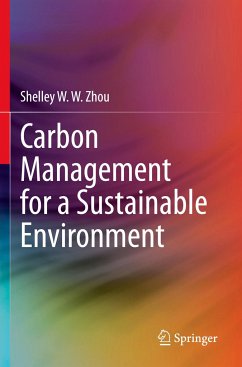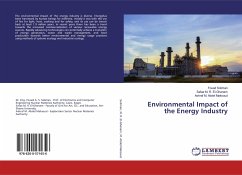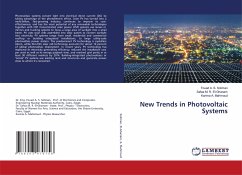Dr. Junfu Lyu is Professor at Institute of Thermal Engineering, Tsinghua University, where he received his Bachelor Degree in 1991, Master Degree in 1996, and Ph.D. in 2005. His interests lie in coal combustion, coal gasification, circulating fluidized bed combustion technology, hydrodynamic of boiler, and coal-fired pollutant control. He has once organized and hold a series of the key technology research and development plant of China government, the foundation of China National Nature Science, as well as the projects from enterprises. His achievement work includes the 600MW supercritical CFB boiler, the superheat steam generator by the salted wastewater from heavy oil recovery, and the ultra-low emission circulating fluidized bed boiler technology by limestone injection into furnace and low NOx combustion. These developed technologies have been commercialized and used widely. He was elected as the New Century Excellent Talents in University, the Outstanding Academy. He won the best paper award twice in 15th and 23th International Conference on Fluidized Bed Combustion. He got the first-class National Scientific & Technological Progress Award in 2017 and the second-class National Scientific & Technological Progress Award in 2005. Besides, he also won the first-class prizes in scientific & technological progress or invention from the Ministries and Commissions. He published more than 300 journal papers and 5 books. He has more than 70 authorized invention patents. Chief Editor: Shuiqing, Li (born 10 December 1975) is Professor at the Department of Energy and Power Engineering, Tsinghua University, Beijing, China. He obtained both his B.S. and Ph.D. degrees from Zhejiang University and has been a visiting scientist at the University of Leeds (2004-2005), the University of Iowa (2006), Princeton University (2010-2011), Yale University (2014), and RWTH Aachen University (2018). Current research interests of Prof. Li include adhesive particulate flow, combustion physics, gas-phase material synthesis, and clean coal technology. Prof. Li has more than 140 peer-reviewed papers published on Prog. Eng. Combust. Sci., Phys. Rev. Lett., Soft Matter, J. Fluid Mech., etc., with about 2800 citations and H. Index of 30. He co-authored a monograph of Adhesive Particle Flow at Cambridge University Press and holds 20 patents. Prof. Li is a recipient of the National Young and Middle-aged Leading Scientists, Engineers and Innovators (2018), the National Science Fund for Distinguished Young Scholars of China (2017), the National Award for New Century Excellent Talents (2009), and the Tsinghua University Award for Young Talents on Fundamental Studies (2011). Due to his outstanding achievements, he is elected a fellow of the Combustion Institute (2020).
